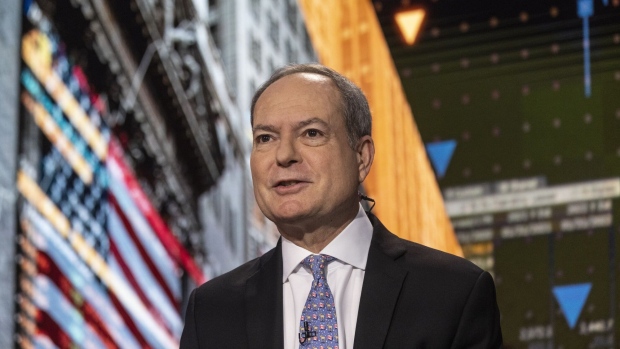Mar 26, 2024
Ontario to Spend on Housing, Transit Even With Swelling Budget Deficit
, Bloomberg News

(Bloomberg) -- Ontario’s government will put infrastructure spending high on its list of priorities when it delivers a new budget Tuesday, even at the risk of joining Quebec and British Columbia with even larger deficits.
Canada’s most populous province has already postponed its target for balancing its budget, and a softening economy is likely to crimp the tax revenue available for roads, schools and hospitals. The provincial government will continue to earmark funding to address what Ontario Finance Minister Peter Bethlenfalvy calls the “significant infrastructure deficit” inherited by Premier Doug Ford’s Progressive Conservative government, which took office in 2018.
“We have two choices then: do we kind of slow things down, put on the brakes, or do we keep going with our plan?” Bethlenfalvy said in a pre-budget interview at Bloomberg’s Toronto office. “And I’ve chosen the latter — we’re just going to keep investing.” The provincial government spends more than C$200 billion ($147 billion) annually.
Areas in focus include alleviating the housing shortage, improving roads and public transit and developing more capacity in hospitals and long-term care homes. Bethlenfalvy said the government doesn’t plan to raise taxes to meet those goals.
Last month, Ontario forecast that its budget deficit would be C$4.5 billion for the current fiscal year, which ends March 31. Canada’s economic powerhouse has been hurt by the highest interest rates in decades, which have weighed on manufacturers, small businesses and the housing market. Tuesday’s budget will signal whether the government sees any letup in those challenges.
Read More: Toronto Mayor Opts for Less-Than-Expected 9.5% Property Tax Rise
Affordable housing has been a top issue in Ontario politics, particularly as shelter costs soar in Toronto and its suburbs, which are a draw for asylum seekers.
Ontario will need to juggle multiple priorities in this budget, according to Desjardins economist Marc Desormeaux. “Meeting these challenges could require difficult trade-offs,” he said in a research note to clients. “Budget 2024 should tell us something about how the government plans to manage these trade‑offs over time.”
(Updates with latest budget deficit numbers in fifth paragraph.)
©2024 Bloomberg L.P.


